How Much Water You Need to Drink
We are going to tell you about “How Much Water You Need to Drink”? You’ll also be going to know “Importance of Water” and as a bonus “Tips for Drinking Water“.
Overview
How much water to drink a day? You might know that it is important to drink plenty of fluids when the temperatures soar outside. But staying hydrated is a daily necessity, whatever the thermometer says.
Anyhow, many of us are not getting enough to drink, especially older adults. “Older people do not sense thirst as much as they did when they were younger. And that could be a problem if they are on a medication that can cause fluid loss, such as a diuretic,”
Drinking Water Recommendations
While the eight glasses rule is a good quantity to start, it is not based on solid, well-researched information.
Our Body weight is made up of 60 percent water. Every system in our body needs water to function. Your recommended intake is based on factors including your age, activity level, sex and others, such as if you are pregnant or breastfeeding.
For Children
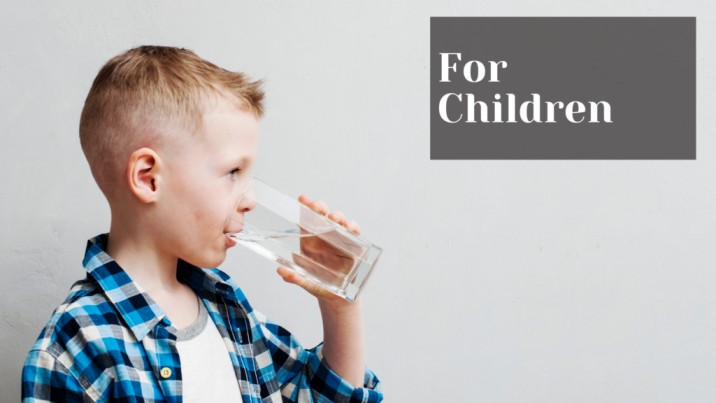
Kid’s have a lot to do with their age.
Girls and boys between 4 and 8 years old should drink 40 ounces per day, or 4 – 5 cups.
This amount increases to 57–63 ounces, or 7–8 cups, by ages 9 to 13 years.
For ages 15 to 18, the recommended water intake is 64–86 ounces, or 7–11 cups.
For Adults
The IOM recommendation for people ages 19 and older is around 132 ounces for men and 96 ounces for women. This refers to your overall fluid intake per day, including anything you drink or eat that contains water, like vegetables or fruits.
Of this total, men can take around 13 cups from beverages. For women, it is 9 cups.
Women of Reproductive Age
If you are breastfeeding or pregnant, recommendations will change.
Pregnant women of all ages should aim to get 81 ounces, or ten 8-ounce glasses of water, every day.
Breastfeeding women may need to up their total water intake to 103 ounces, or 13 cups.
Importance of Water
Water is very important for most processes your body goes through in a day. Whenever you drink water, you replenish your stores. Without enough water, your body and its organs would not function properly.
Advantages of drinking water include:
- Protection of your spine and other tissues
- Helps you to eliminate waste through urine, sweat, and bowel movements
- Keeps your body temperature within a normal range
- Lubricates and cushions your joints
Drinking enough water might also help you look your best. For example, water keeps your skin looking healthy and glowy. Skin is the largest organ of our body. When you drink plenty of water, you will be healthy and hydrated.
And because water contains zero calories, water might be an excellent tool for managing your weight and losing weight, as well.
Risks
There are the risks of drinking too little or too much water.
Dehydration
It is not just water that keeps you hydrated. All beverages that contain water contribute toward your daily needs. And it is a myth that those containing alcohol or caffeinated beverages are dehydrating because they make you urinate. They do, but the water from these beverages still leads to a net positive contribution to total fluid consumption.
Of course, there are many reasons why water is still the better choice. And remember, sugary drinks can lead to weight inflammation and gain, which can increase your risk for developing diseases such as diabetes. Too much caffeine may give you the jitters or keep you from sleeping. And alcohol’s intake should be limited to one drink per day for women and 1-2 drinks per day for men.
To prevent dehydration is to drink fluids gradually throughout the day. An easy way to do this is to have a drink at each meal as well as socially or with medicine also.
And know that you also get fluids from water-rich foods, such as fruit, salads, and applesauce.
Hyponatremia
Drinking too much water can be dangerous to your health as well.
When you drink too much water, the extra water can dilute the electrolytes in your blood. Your sodium levels decrease and may lead to what is called hyponatremia.
Symptoms include:
- confusion
- irritability
- muscle spasms, cramps, or weakness
- seizures
- coma
- headache
- fatigue
- nausea or vomiting
Water intoxication hyponatremia is uncommon. People with a smaller build and children might be at higher risk of developing this condition. So are active people, like athletes, who drink large quantities of water in a short period of time.
If you can’t prevent yourself from drinking large quantities of water for exercise, consider drinking a sports drink that contains sodium and other electrolytes also to help replenish the electrolytes you lose through sweating.
Takeaways
Staying hydrated goes much beyond just the water you drink. Foods make up around 20-22 percent of your total fluid requirements each day. Along with drinking your 10 to 13 daily cups of water, try to eat lots of vegetables and fruits.
Some foods with high water content includes:
- berries
- cauliflower
- radishes
- celery
- watermelon
- spinach
- cucumbers
- green peppers
Tips For Drinking Water
You might be able to meet your water intake goal by drinking when you are thirsty and with your meals.
If you would need some extra help consuming enough water, check out these tips for drinking more:
- Skip sugary drinks – While you may get fluid from juice, soda, and alcohol, these beverages have high calorie contents. It is still smart to choose water whenever possible.
- Try carrying a water bottle with you wherever you go, including around the gym, office, and even on road trips.
- Focus on fluids – You do not have to drink plain water to meet your hydration needs. Other good sources of fluid include tea, milk, and broth.
- Drink water while you are out to eat. Drink a glass of water instead of ordering another beverage. You may save some cash and lower the total calories of your meal too.
- Add some flair to your water by squeezing in lime juice or fresh lemon.
- If you are working out hard you can also consider drinking a sports drink that has electrolytes to help replace the ones you lose through sweating.
To read more visit https://mobilephysiotherapyclinic.in/

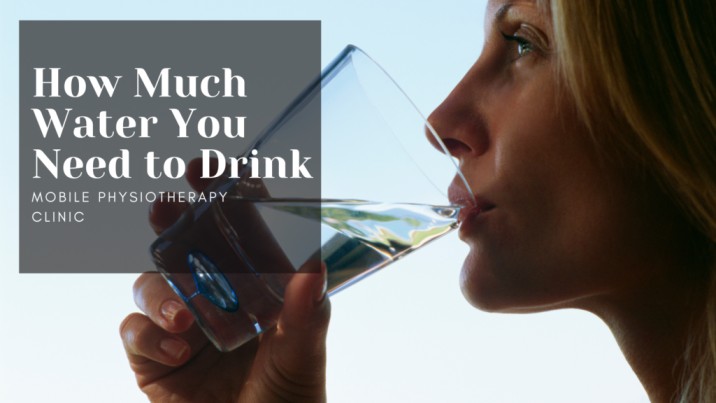

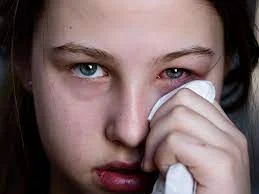


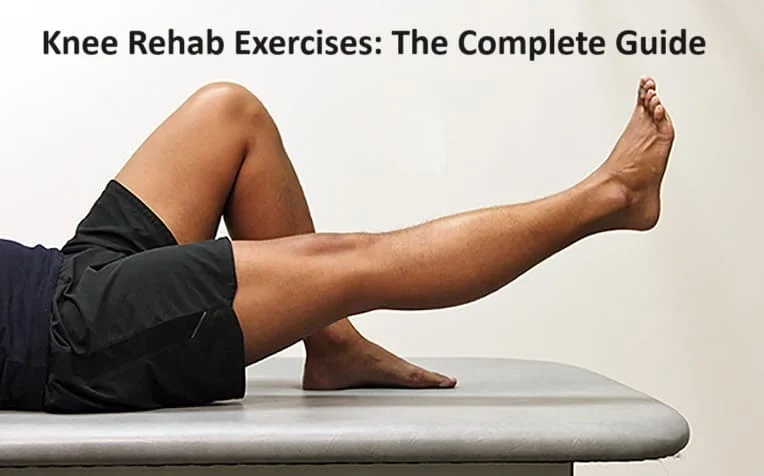
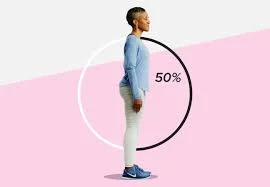
Useful tips, i love to drink water specially in summer